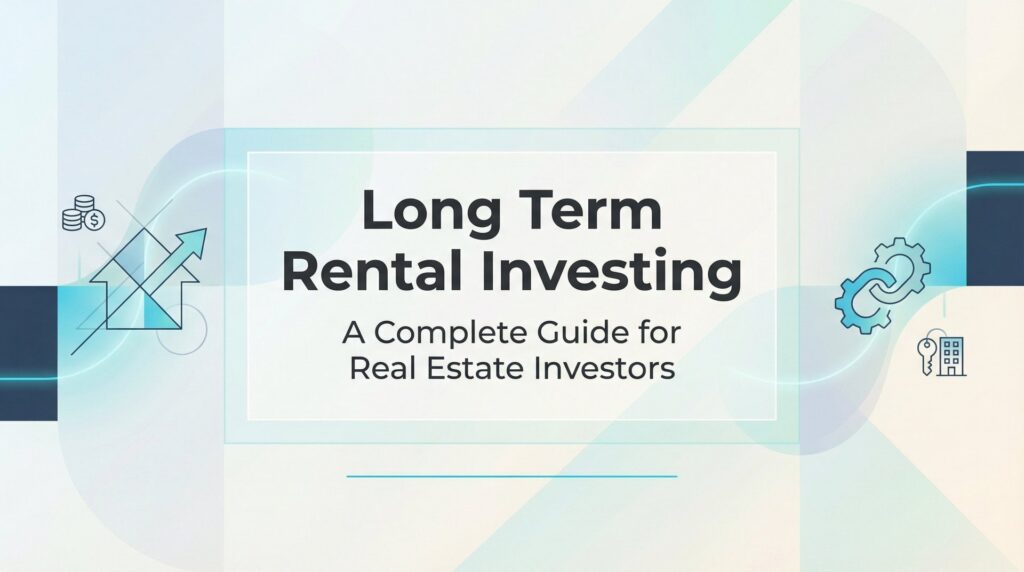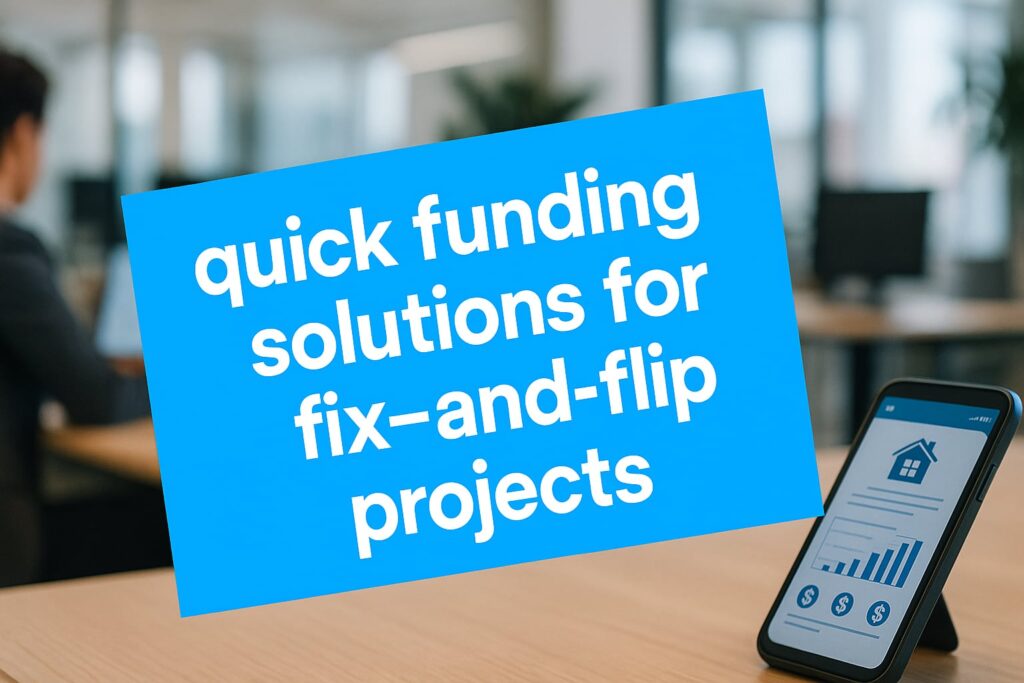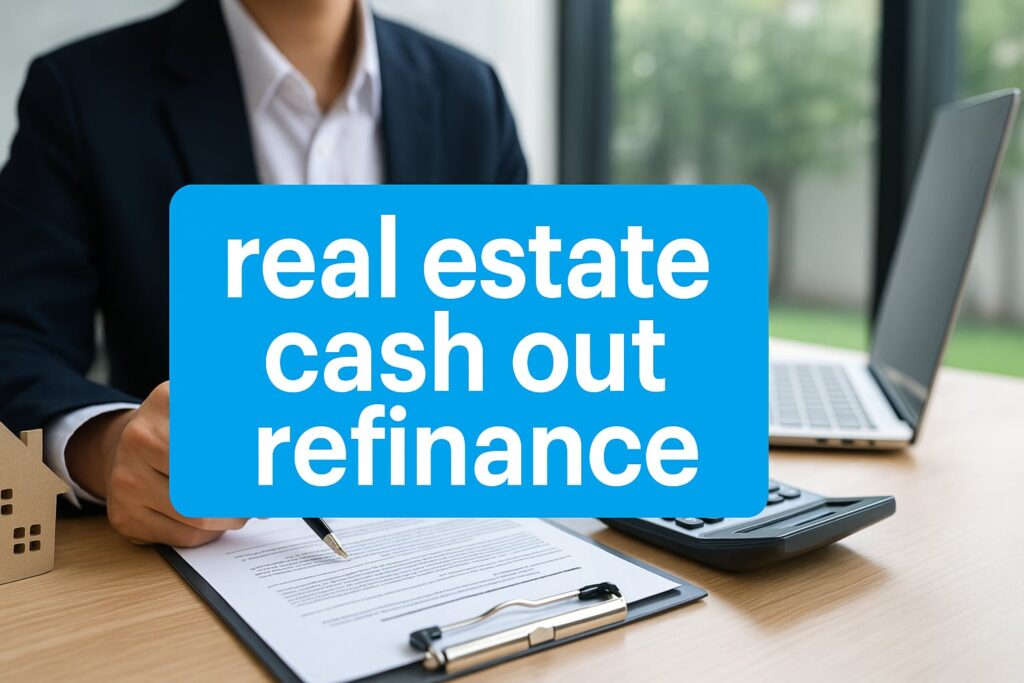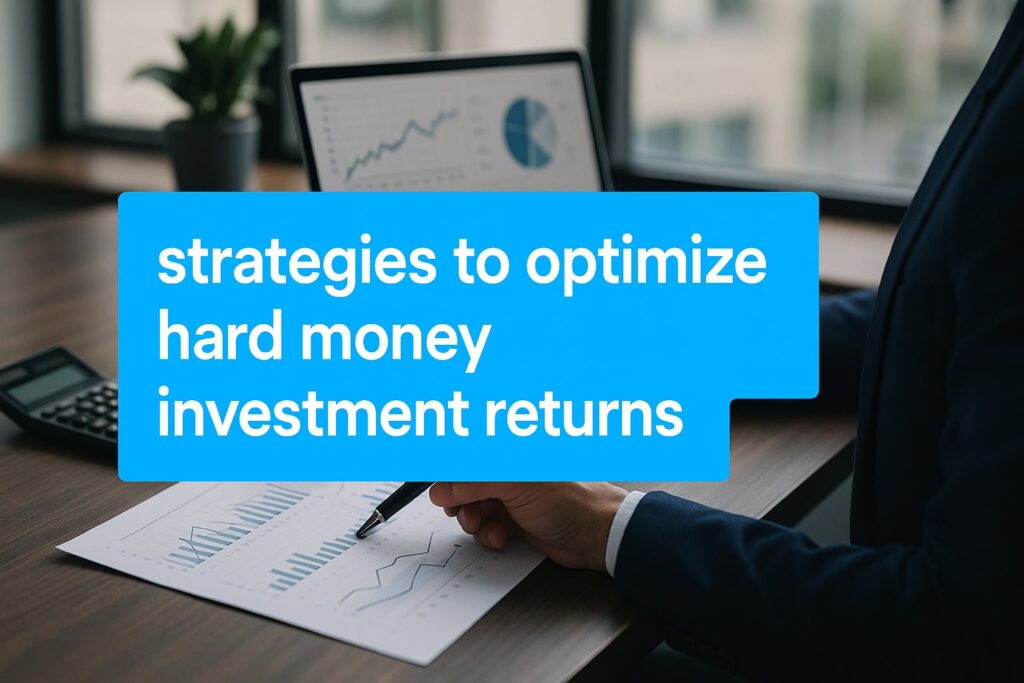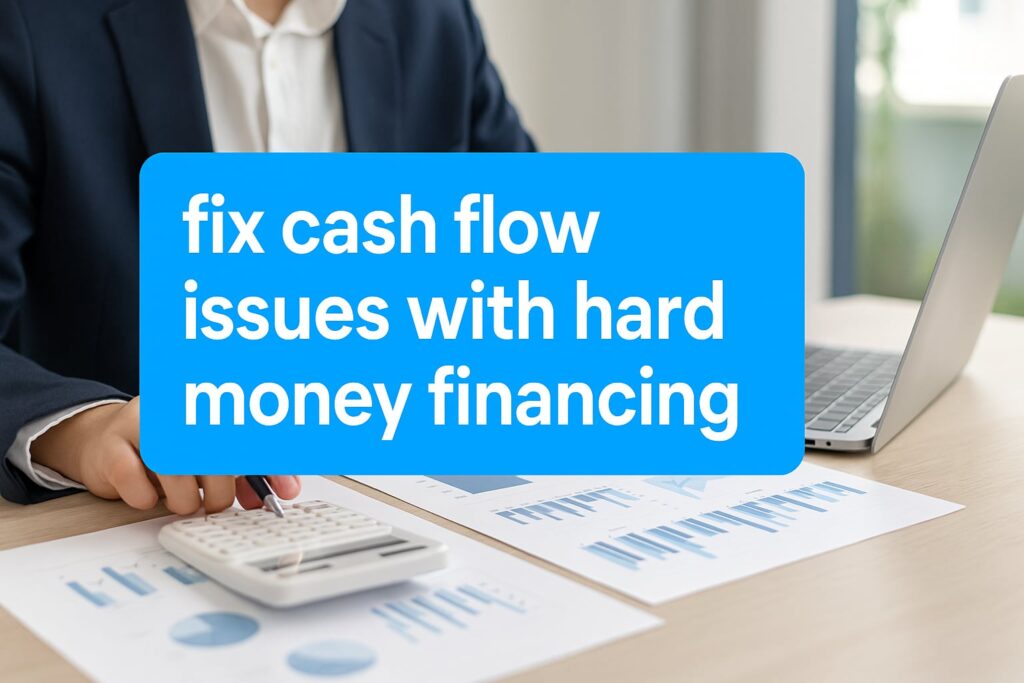Where First-Time Investors Fall Flat
Everyone wants to talk about how to make money in real estate. The flips, the profits, the “easy” wins. But the truth is, it’s just as important to understand how investors lose money because it usually happens fast. At The Hard Money Co., we review deals every day from borrowers eager to get started. Some of those deals are strong and ready to close. Others are risky from the start. The difference comes down to preparation, discipline, and an honest understanding of what the numbers really say.
We want to fund your deals, but only when they make sense. If the numbers are too tight or the margins disappear before you start, that’s not a deal that’s going to succeed, and we can see that right away. The fastest way to lose money in real estate is to ignore the fundamentals. We’re here to help you avoid that.
Underestimating Repairs
Many investors lose money before the project even starts because they underestimate how much the renovation will truly cost. It’s easy to look at a property, run quick numbers in your head, and assume you can get it done for less. But real estate doesn’t reward wishful thinking. Every missed estimate on materials, labor, or permits chips away at your profit until there’s nothing left.
The best investors know to plan for surprises. They get multiple bids, expect delays, and build realistic buffers into their budgets. At The Hard Money Co., we can spot when a rehab budget is too light or overly simplified. That’s why we fund repairs as part of your loan, so you have the capital to do the job right. A project that starts with accurate expectations is the one that ends in profit.
Bad After-Repair Value or Market Comps
A deal that looks good on paper can fall apart when the after-repair value is wrong. Many investors pull comps that don’t actually match their property, using homes across a highway, in a better school district, or from a different neighborhood. That inflated ARV might make the numbers look great, but it sets false expectations and leads to disappointment when it’s time to sell or refinance.
At The Hard Money Co., we run an in-house market comp on every application that comes through our office. It helps us quickly determine whether your expectations are realistic or not. You’ll always have the chance to make your case if you believe our analysis is off, but we complete hundreds of these every month and are usually right on target. When a borrower’s comps are far outside our range, it’s a clear sign they may not fully understand their market. Getting this right is one of the simplest ways to prove you know what you’re looking at.
Thinking the Market Will Save You
Relying on the market to fix your numbers is one of the fastest ways to lose money. Investors often assume rising prices or buyer demand will cover a thin deal, but that approach rarely ends well. The market can change long before your project is finished. The investors who win build their deals to work right now, not later. A deal that makes sense under today’s conditions will keep you profitable no matter where the market goes.
The Lender as a Second Set of Eyes
A good lender isn’t just providing capital; they’re protecting your investment. When you apply for a loan, your deal is getting reviewed by people who look at hundreds of transactions every month. That perspective matters. We can tell quickly if the numbers are off or if the property isn’t positioned to turn a profit. If it doesn’t make sense, we won’t fund it, not to shut you down, but to keep you from losing money.
Think of your lender as a second set of eyes on the deal. We want you to succeed because your success means the project performs, the loan gets repaid, and everyone wins. If your plan holds up under our review, you can move forward with confidence knowing you’re building something real, not just hoping for the best.
Conclusion
Losing money in real estate almost always comes down to the same few mistakes: underestimating repairs, overvaluing the property, or assuming the market will do the work for you. The best investors avoid those traps by staying disciplined and surrounding themselves with the right people. A strong deal will hold up under scrutiny, and a smart lender will help confirm it. That partnership is what turns risky ideas into profitable projects, and it’s the difference between closing fast and learning an expensive lesson.


